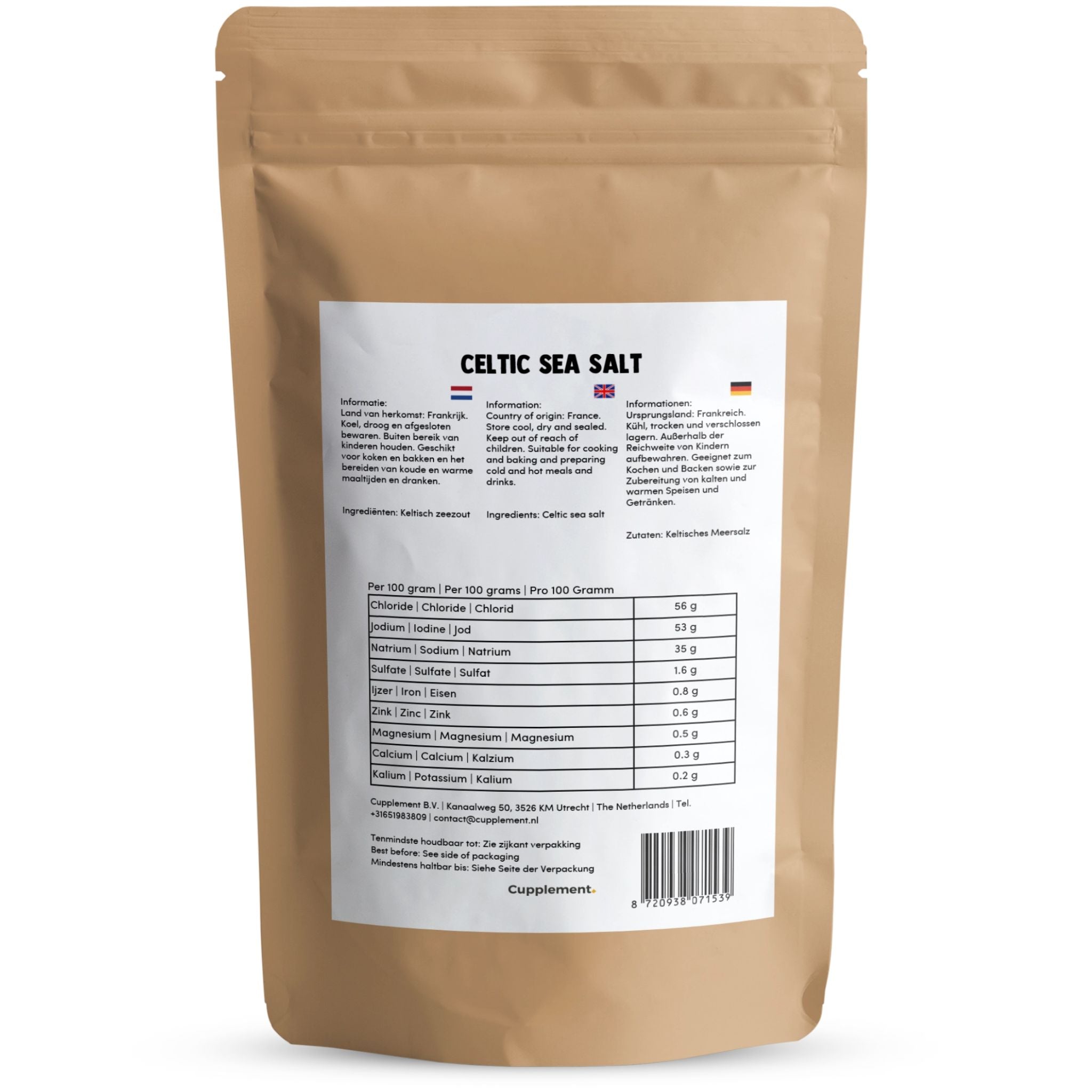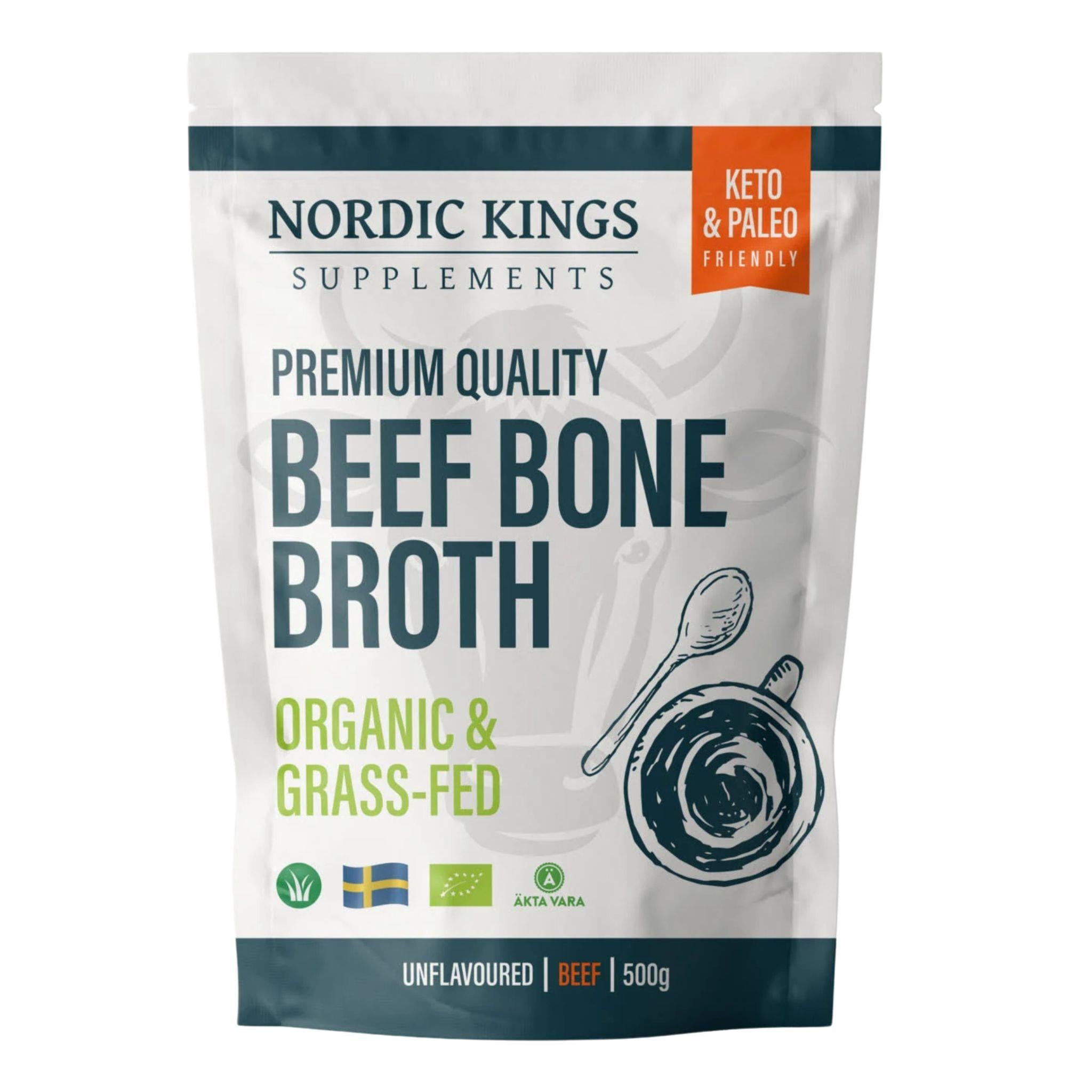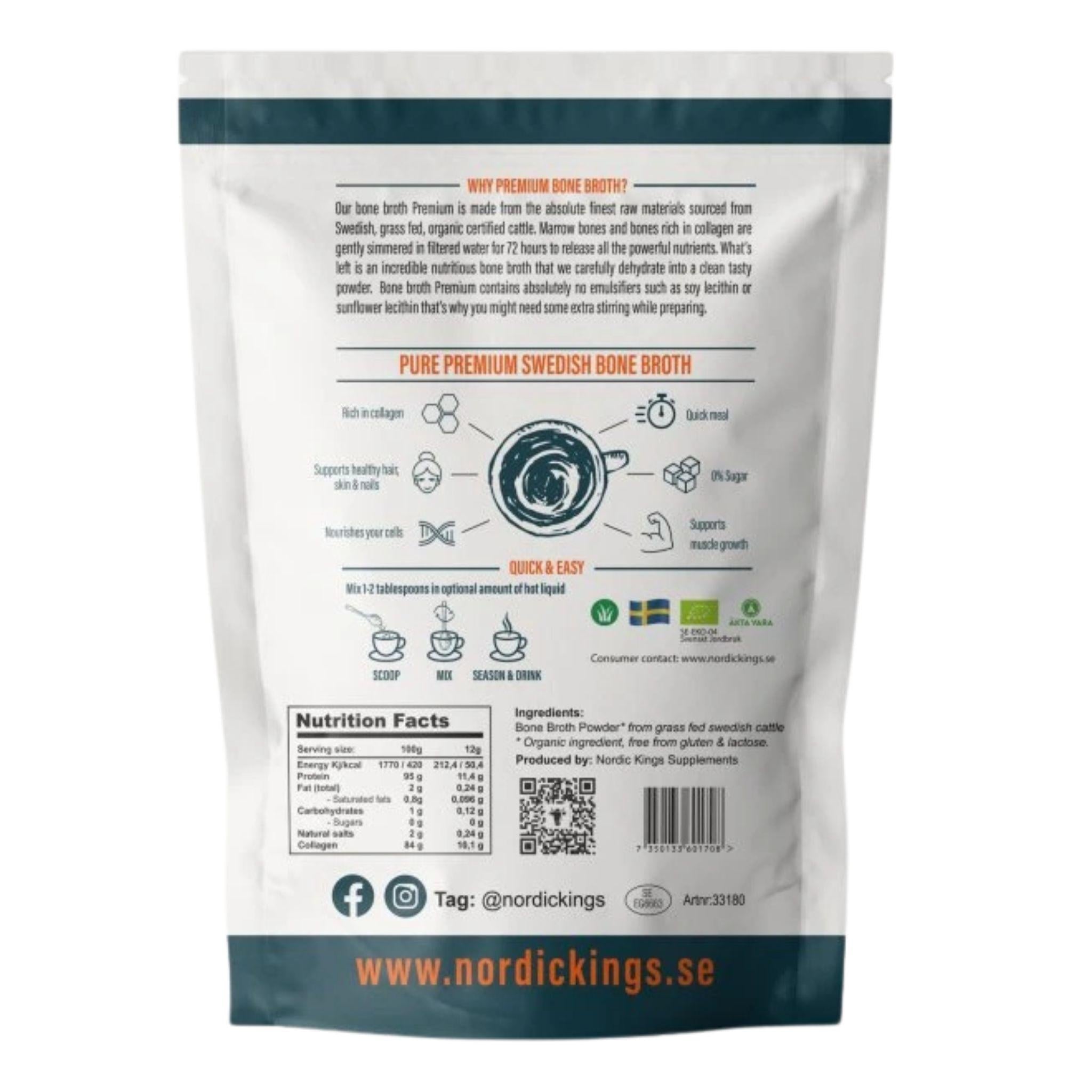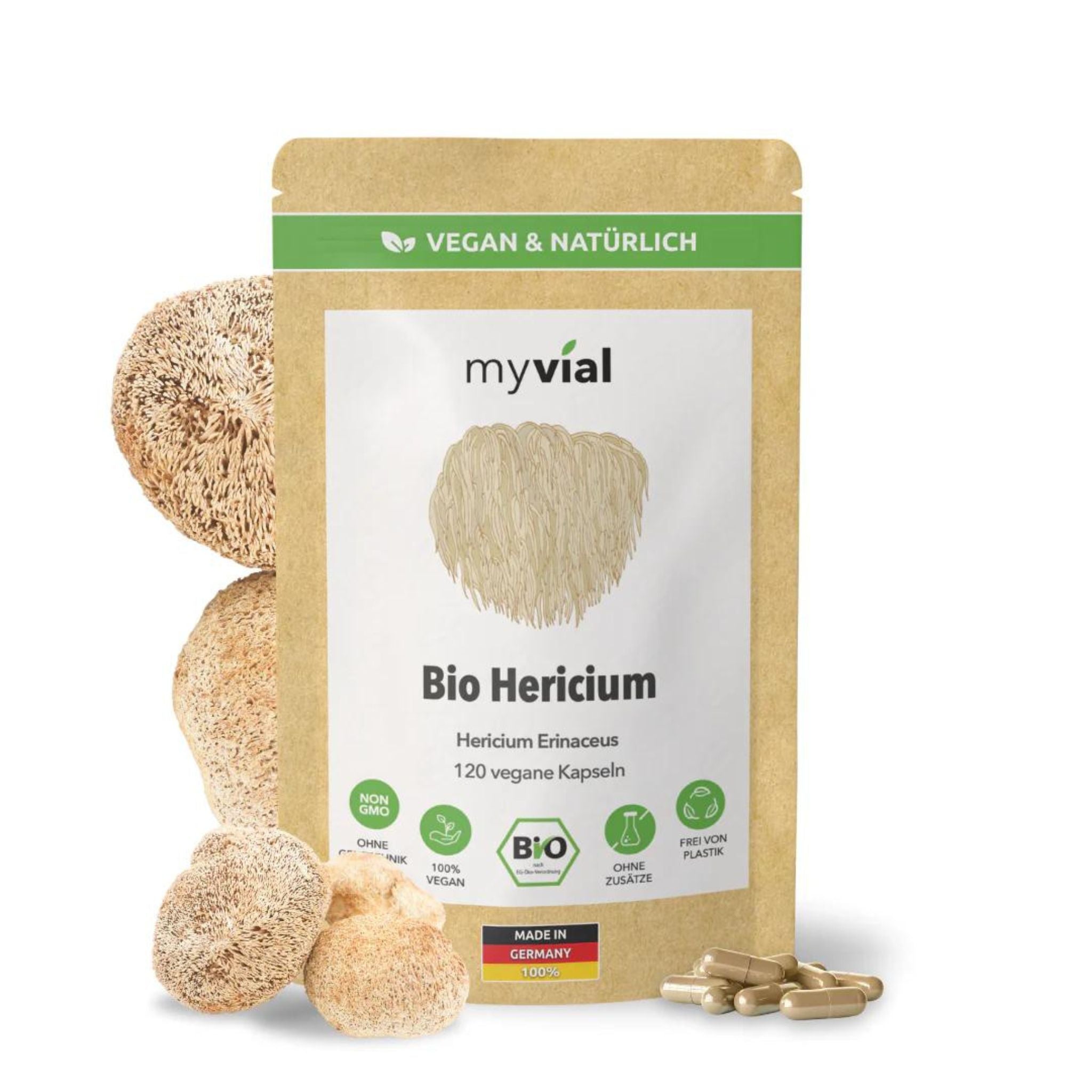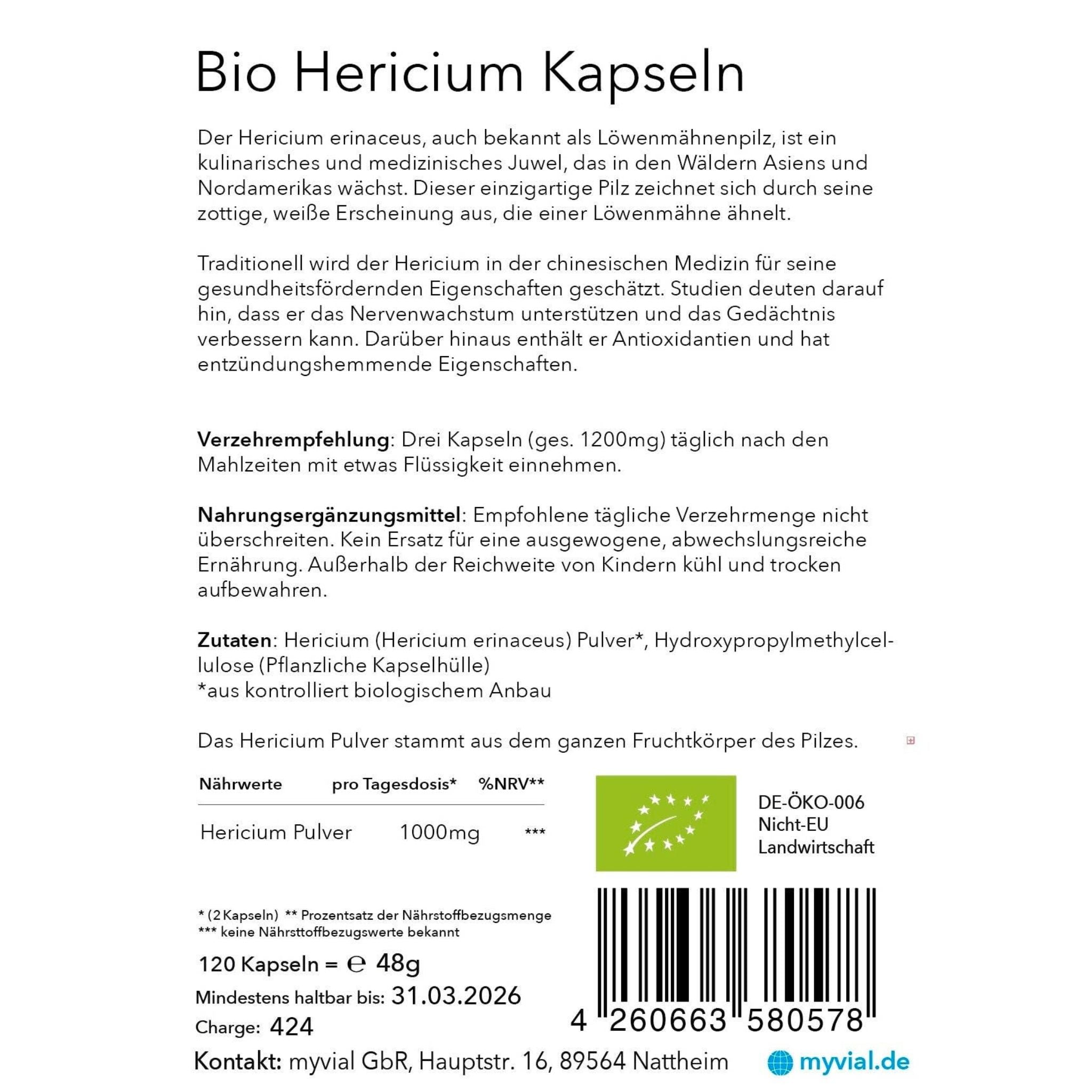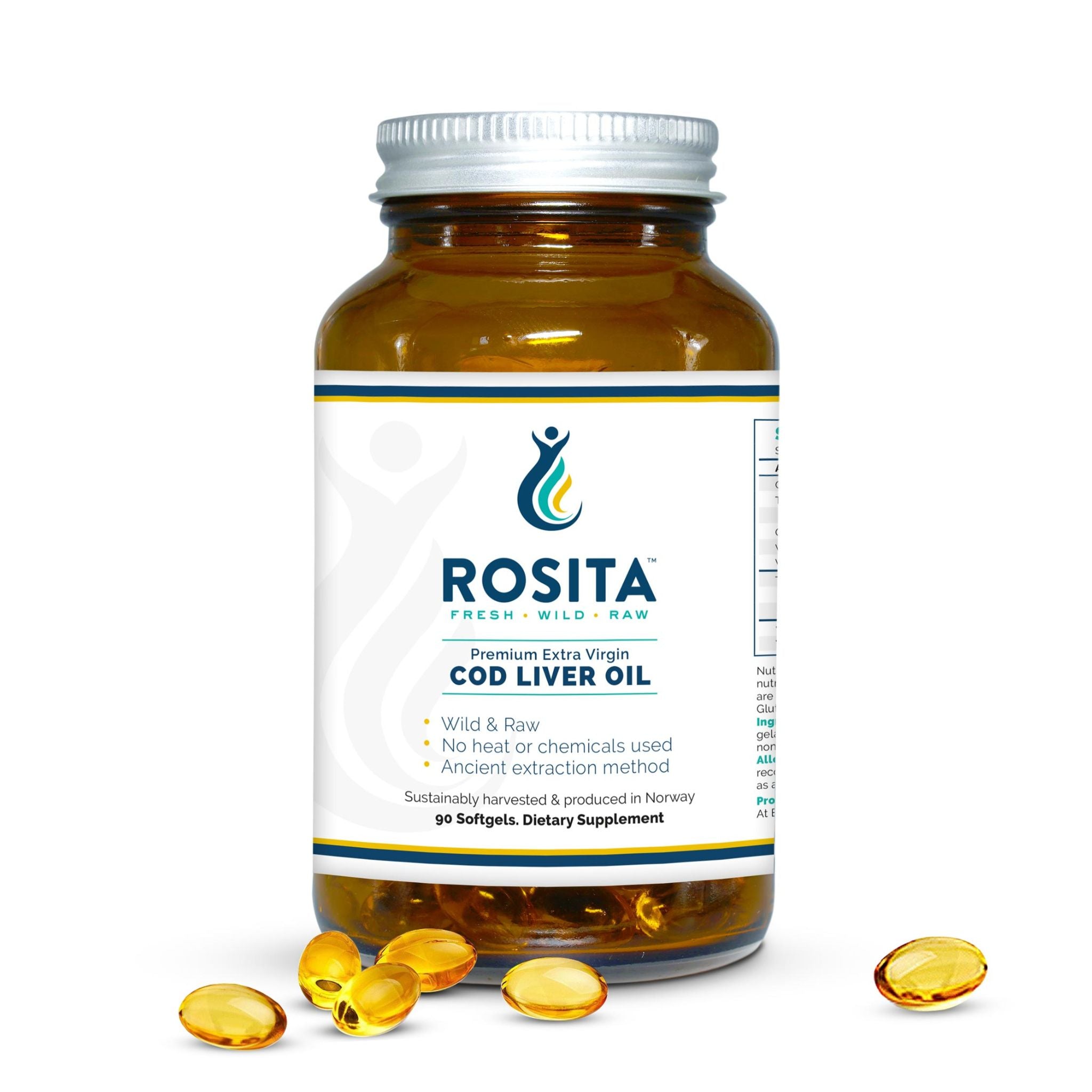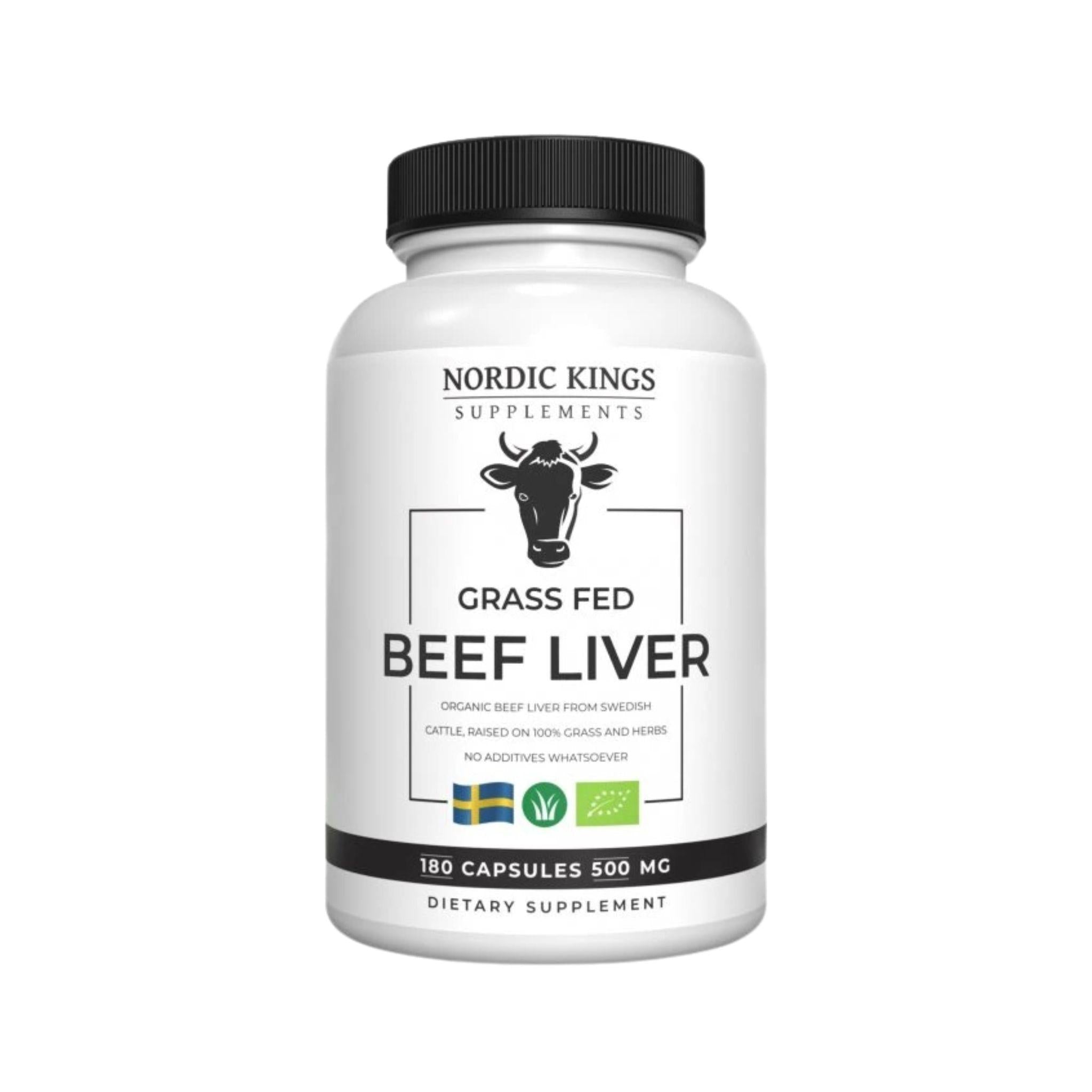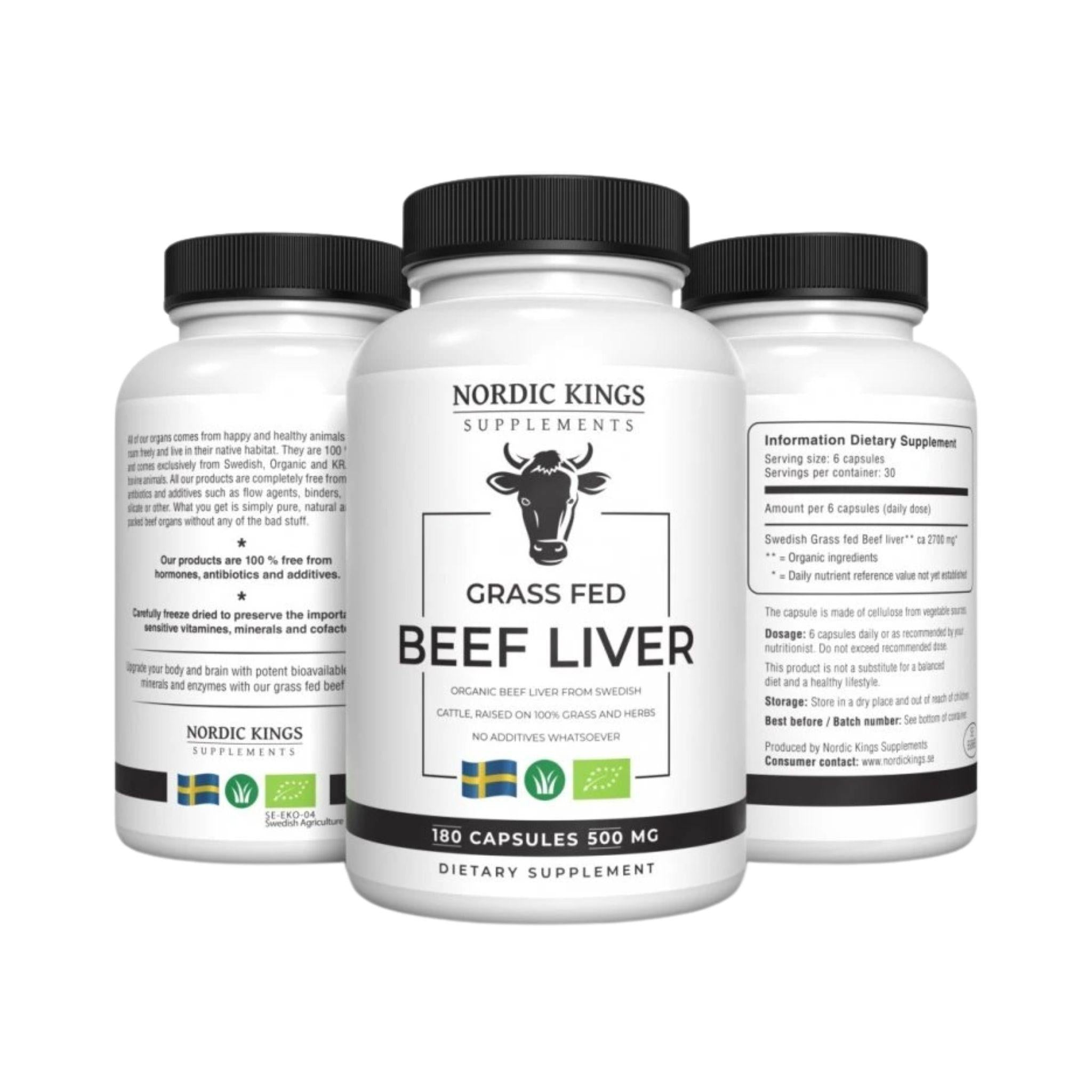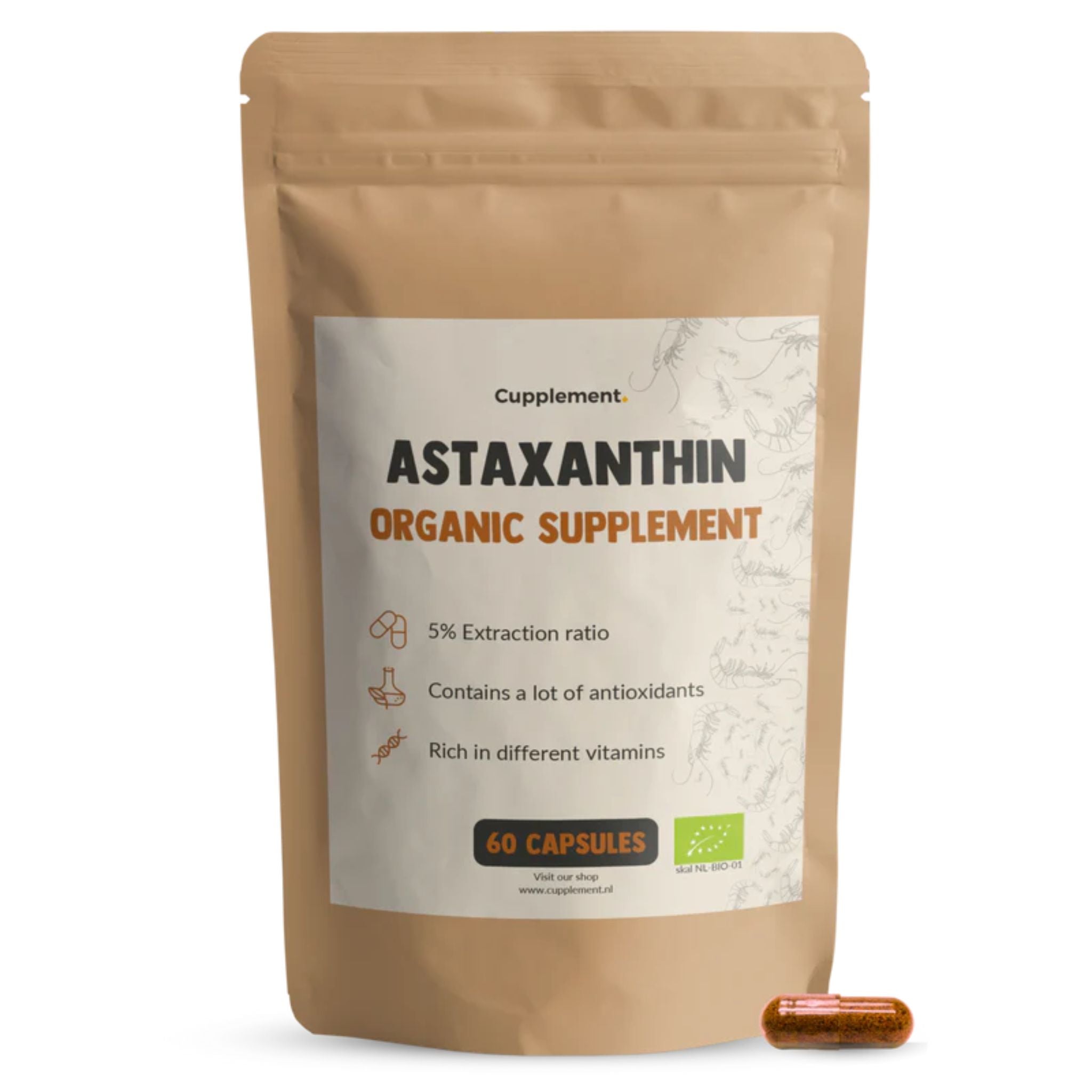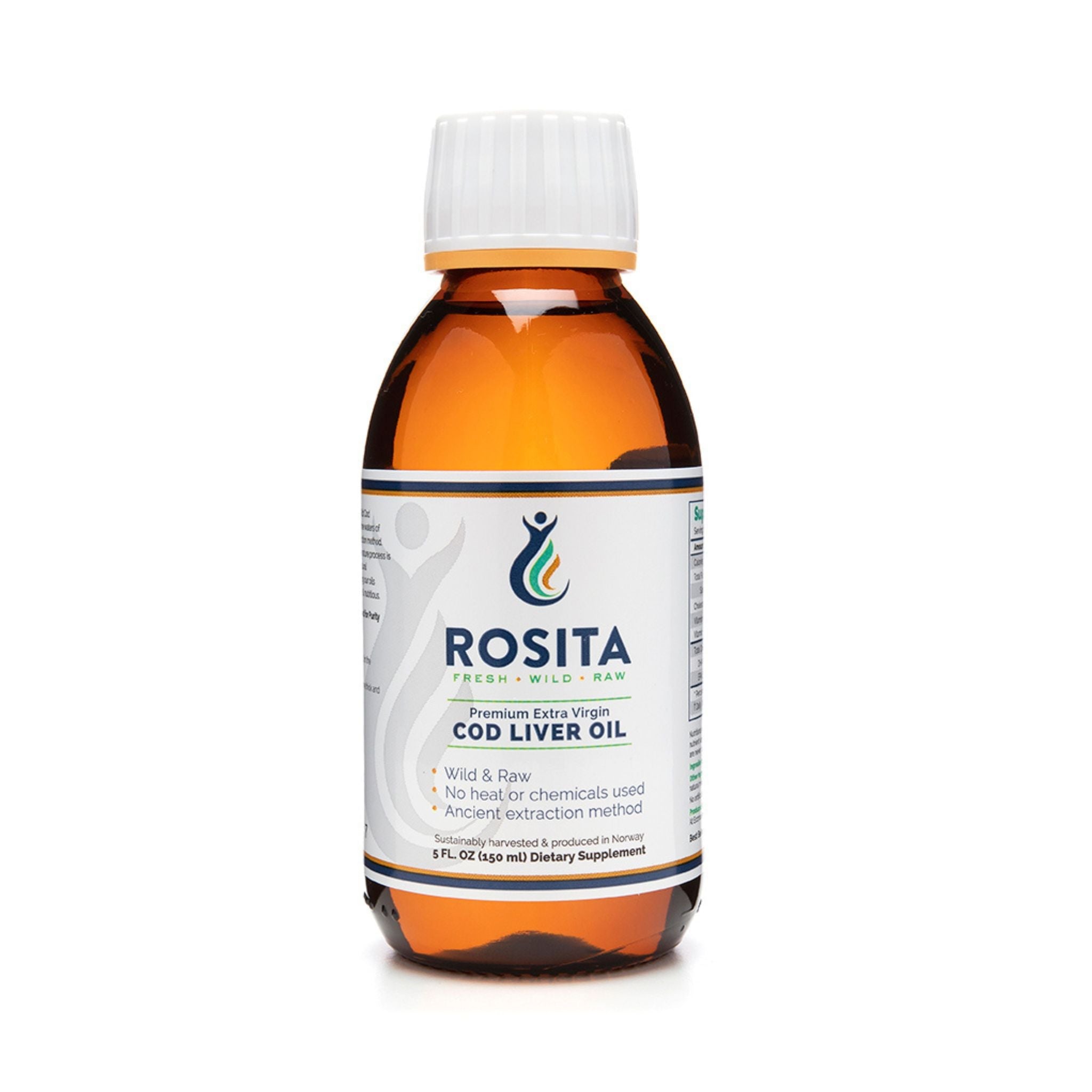The Jesus Diet, also known as the Essene Diet, is based on the teachings and practices of the Essenes, a religious community that lived in the region of modern-day Israel at the time of Jesus. This diet is more than just an eating plan; it is a way of life designed to bring body, mind and spirit into balance.
Origin and background
The Essenes were a spiritual community known for their ascetic lifestyles. Their dietary habits and health practices are well documented by historical texts, including the Dead Sea Scrolls and other ancient documents. The Jesus Diet assumes that Jesus himself followed, at least in part, Essene practices.
Basic principles of the Jesus Diet
-
Natural and unprocessed foods : The Essenes placed great value on natural, fresh and unprocessed foods. Fruits, vegetables, nuts, seeds and grains were at the heart of their diet. These foods should be consumed raw or minimally processed in order to retain their nutrients.
-
Vegetarian diet : The Essenes predominantly practiced a vegetarian diet. Meat was rarely consumed, and when it was, it was only from animals kept under strict conditions. Fish was eaten in some cases, but the focus was on plant-based foods.
-
Fermentation and germination : The Essenes used techniques such as fermentation and germination to increase the nutrient density of their foods and make them easier to digest. Examples include fermented vegetables and sprouted grains.
-
Fasting and spiritual practice : Fasting played an important role in the life of the Essenes. Regular periods of fasting were seen as a means of purifying the body and deepening spiritual practice.
-
Connection to nature : The Essenes lived in harmony with nature and believed that a close connection to the environment led to a healthier and more balanced life. They practiced regular stays in nature, meditation and prayer.
Foods consumed in the Jesus Diet
The Essener diet includes a variety of natural and unprocessed foods. Here is a list of commonly consumed foods:
- Fruit : figs, dates, grapes, pomegranates, olives, apples
- Vegetables : cucumbers, tomatoes, zucchini, pumpkin, spinach, lettuce, carrots
- Nuts and seeds : almonds, walnuts, sesame, pumpkin seeds, sunflower seeds
- Cereals : wheat, barley, millet, rye, spelt, sprouted cereals
- Legumes : lentils, chickpeas, beans
- Herbs and spices : coriander, dill, mint, thyme, oregano
- Fermented foods : sauerkraut, fermented cucumbers
- Vegetable oils : olive oil, sesame oil
- Honey and natural sweeteners : honey, date syrup
Health benefits of the Jesus Diet
The Jesus Diet is often associated with numerous health benefits:
- Improved digestion : Eating natural, unprocessed foods and fermented products can improve digestion and support the gut microbiome.
- Weight management : Emphasis on plant-based, nutrient-rich foods can contribute to healthy weight management.
- Anti-inflammatory : The diet contains many foods with anti-inflammatory properties, which can help relieve chronic inflammation.
- Increased energy : A diet that is rich in nutrients and does not put stress on the body can lead to increased energy levels.
Spiritual aspects of the Jesus diet
In addition to the physical benefits, the Jesus Diet also promotes spiritual well-being. Practices such as fasting, meditation and prayer strengthen the connection to the divine. The Essenes believed that a pure body leads to a pure mind and thus supports spiritual development.
Conclusion
The Jesus Diet, inspired by the Essenes, offers a holistic approach to health that addresses both physical and spiritual aspects. By emphasizing natural, unprocessed foods and a close connection to nature, this diet can lead to a healthier and more fulfilling life. Although it comes from an ancient practice, its principles are still relevant today and can be a valuable addition to a modern, health-conscious lifestyle.





